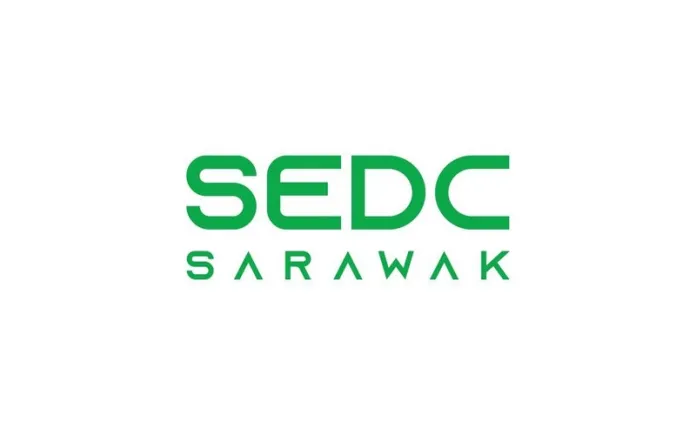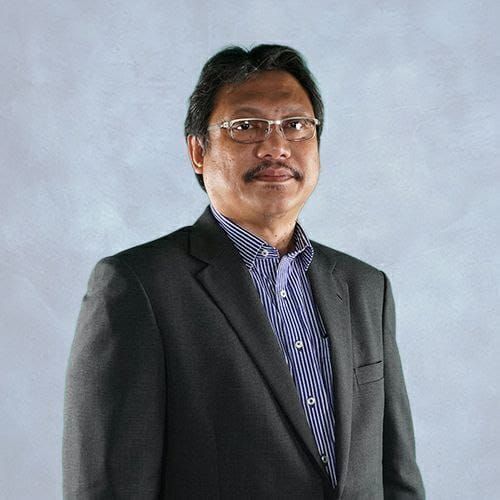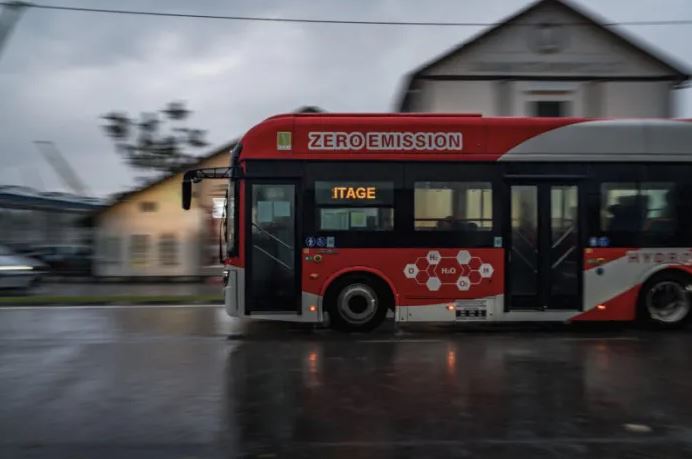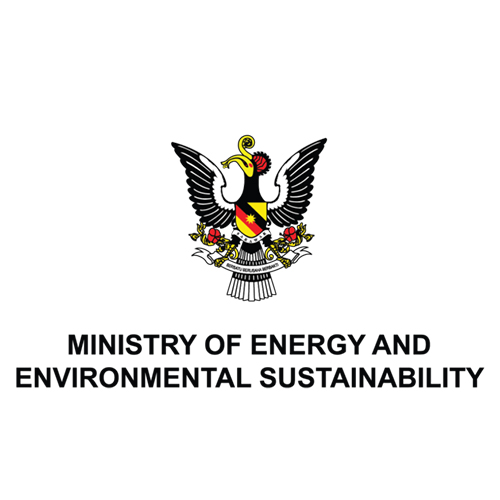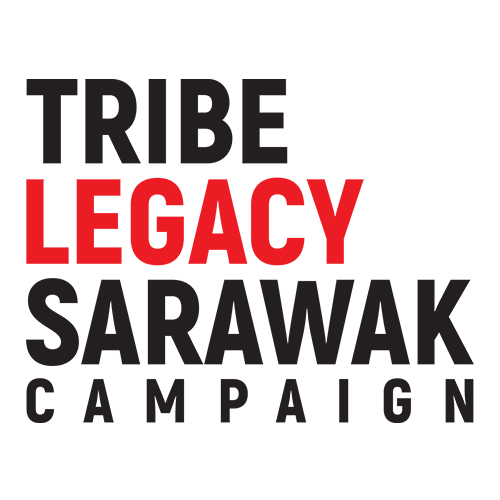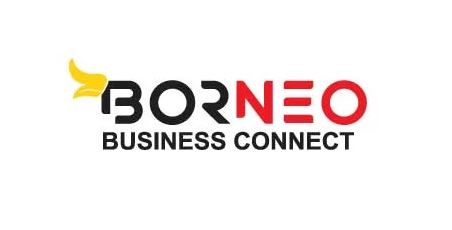KUCHING, April 19: Japan and South Korea’s biggest energy companies are partnering with Sarawak Economic Development Corporation (SEDC) Energy following the State’s clean hydrogen energy initiative.
According to a Bloomberg news report today, the two Asian nations where hydrogen is deemed vital for the eco-friendly shift have already targeted Sarawak as a main supplier of the fuel, with South Korea’s corporate sector committing billions to establish a comprehensive network for the sustainable fuel.
The collaboration enables both countries to construct their own power plants in Bintulu named H2biscus and H2ornbill, with the former plant’s objective being to convert its hydrogen output into ammonia for export to South Korea. In contrast, the latter is used to convert hydrogen into methylcyclohexane (MCH) to be exported to Japan.
Scheduled to begin commercial production as early as 2028, these two projects collectively aim to produce 240,000 tonnes of hydrogen annually, a quantity that rivals the projected output of Saudi Arabia’s Neom plant, which announced its intention to produce around 291,000 tonnes per year starting in 2026.
While it is important to acknowledge the significant price challenges for green hydrogen in terms of costs associated with liquefaction or export conversion, the State’s unlimited access to free hydropower has proven to be crucial in mitigating these issues.
Endowed with an abundance of water and hydrogen resources to fuel these ambitions, Sarawak could emerge as a model state for hydrogen; however, Sarawak Premier Datuk Patinggi Tan Sri Abang Johari Tun Openg was quoted, admitting that this endeavour poses a significant risk.
“It is a risk, but it is a calculated risk. There is no other option, and we need alternative energy, and hydrogen, ultimately, is the cleanest,” he reportedly said. — DayakDaily
